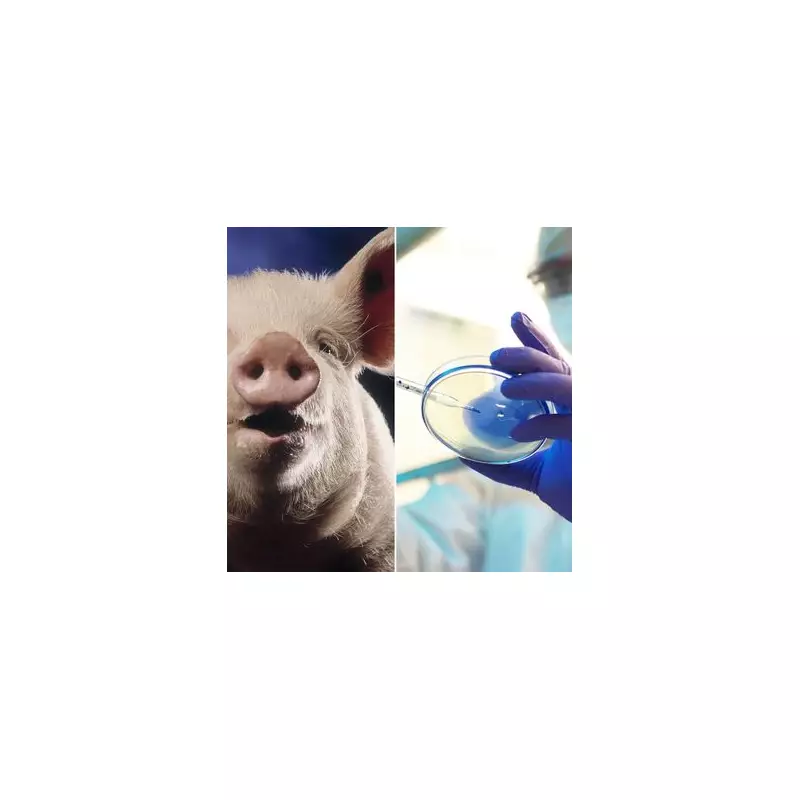
In what sounds like science fiction becoming reality, British hospitals are pioneering extraordinary medical treatments that could revolutionise how we approach some of medicine's most challenging conditions. From the depths of the ocean to genetically modified farm animals, unexpected sources are providing life-changing solutions for patients.
The Fish Skin Revolution in Burn Treatment
Medical professionals are turning to an unlikely ally in burn treatment: fish skin. Specifically, tilapia skin is being used as a biological dressing for severe burns, offering remarkable advantages over traditional methods.
This innovative approach provides immediate pain relief while creating a protective barrier against infection. The fish skin acts as a natural scaffold that encourages the body's own healing processes, potentially reducing scarring and improving recovery times significantly.
Porcine Pioneers: Genetically Modified Heart Transplants
Meanwhile, in another extraordinary development, genetically modified pig hearts are being successfully transplanted into human patients. These aren't ordinary pig organs - they've been meticulously altered to overcome rejection by the human immune system.
The implications are staggering. With chronic organ donor shortages affecting healthcare systems worldwide, this breakthrough could potentially save thousands of lives annually. Patients who would otherwise face certain death due to organ failure now have a fighting chance.
Overcoming Medical Boundaries
Both treatments represent significant leaps in medical science. The fish skin grafts offer a sustainable, cost-effective alternative to conventional burn dressings, while the pig heart transplants demonstrate how genetic engineering can solve previously insurmountable medical challenges.
These innovations aren't just theoretical - they're already being implemented in clinical settings with promising results. Patients who had exhausted all conventional treatment options are experiencing recoveries that border on the miraculous.
The Future of British Healthcare
What makes these developments particularly exciting is their potential to transform NHS care. As these treatments become more refined and widely available, they could significantly reduce treatment costs while improving patient outcomes across multiple medical disciplines.
The success of these unconventional approaches is prompting researchers to explore other unexpected biological solutions to medical problems, potentially opening doors to treatments we haven't yet imagined.
As one medical professional involved in these groundbreaking procedures noted, we're witnessing the dawn of a new era in medicine - one where nature and technology combine to create solutions that were once confined to the pages of science fiction novels.





